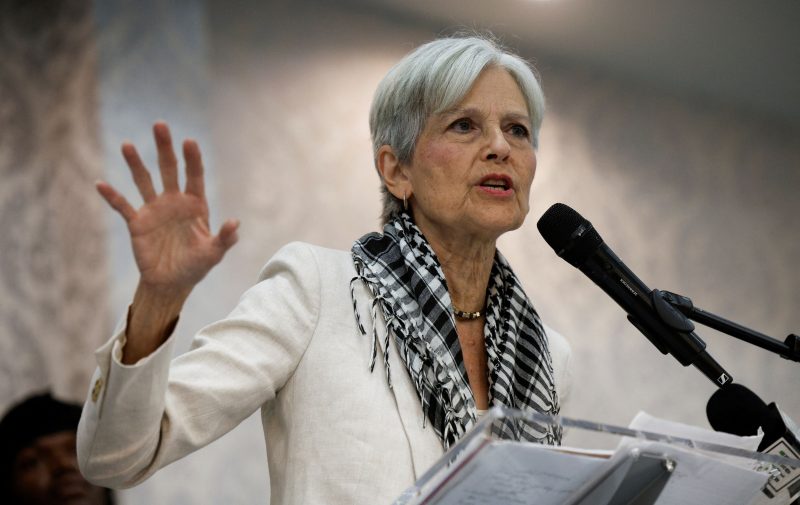In a political landscape fraught with division and uncertainty, third-party candidates often find themselves walking a tightrope between idealism and pragmatism. Jill Stein, the Green Party’s nominee for president in the 2016 election, experienced the complexities and challenges of this role firsthand as she came under attack from Democrats who feared she could potentially act as a spoiler in the race.
The notion of spoiler candidates, those who draw votes away from major party candidates and impact the overall outcome of the election, has long been a topic of debate and concern in American politics. With the 2016 presidential election intensifying and the rivalry between Hillary Clinton and Donald Trump reaching a fever pitch, Stein found herself under intense scrutiny and criticism from Democrats who saw her as a threat to their chances of defeating Trump.
The Green Party, with its platform rooted in environmental advocacy, social justice, and progressive policies, has always represented a niche but passionate segment of the electorate. Stein’s candidacy, while appealing to many disillusioned voters seeking an alternative to the major parties, also faced skepticism and hostility from those who feared a repeat of the 2000 election, where third-party candidate Ralph Nader was blamed by some for siphoning crucial votes away from Al Gore and handing the victory to George W. Bush.
As Stein campaigned energetically, promoting her vision of a Green New Deal and advocating for bold action on climate change and economic inequality, the pressure on her to step aside in the name of strategic voting only intensified. Democrats and progressive activists urged her to withdraw from the race in swing states to avoid splitting the anti-Trump vote and potentially paving the way for his victory. Stein, however, remained steadfast in her commitment to the principles of her party and the belief that voters deserved a genuine alternative to the status quo.
The attacks on Stein from Democrats underscored the deep divisions and strategic calculations at play in a political system dominated by two major parties. The binary nature of American politics often forces voters to make tough choices between supporting a candidate who best aligns with their values and beliefs and voting strategically to prevent the election of someone they view as an existential threat. Stein’s presence in the race raised important questions about the role of third parties in a system designed to marginalize any alternative voices and ideas.
Ultimately, Jill Stein’s candidacy did not significantly impact the outcome of the 2016 election, as Trump’s victory was driven by a complex interplay of factors and not solely by third-party votes. However, the episode served as a stark reminder of the challenges faced by independent and third-party candidates in a political environment that tends to favor the entrenched power structures of the two-party system. As discussions about electoral reform and the need for a more inclusive and representative democracy continue to shape the national conversation, the legacy of candidates like Jill Stein will endure as a testament to the enduring struggle for political alternatives in a polarized and contentious era.


























